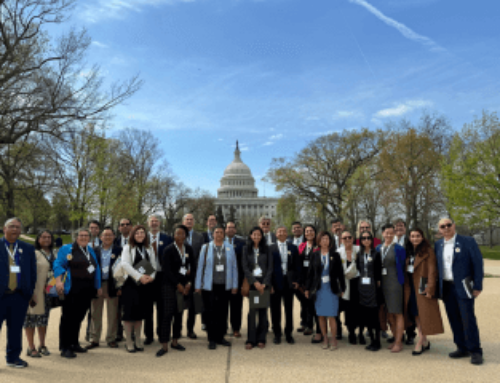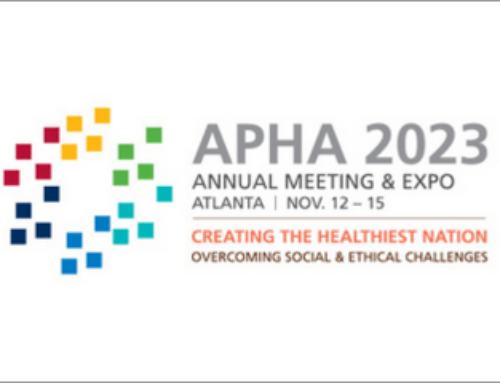This week, President Trump signed legislation (S 544) that temporarily extends the Veterans Affairs’ (VA) Choice Program, which was implemented under a VA reform bill (HR 3230) signed into law in August 2014 following a scandal involving long wait times for veterans seeking health care and subsequent cover-up efforts. The program aims to increase veterans’ access to care by providing them with federally subsidized care at non-VA facilities. Veterans are eligible to use the program if they have been waiting more than 30 days for a VA health care appointment, if they live 40 miles or more from a VA facility, or if they face undue burdens accessing care at VA medical centers.
The AASM applauds the extension of the VA Choice program. Recognizing the high prevalence of sleep problems among soldiers and veterans, the AASM has drafted a House of Representatives resolution (H. Res. 46), which was recently introduced in the 115th Congress. The resolution’s lead sponsor is Republican Rep. Sam Graves (R-MO-6), and it is co-sponsored by Democratic Rep. Tim Walz (D-MN-1), Rep. Sanford D. Bishop, Jr. [D-GA-2], Rep. Peter J. Roskam [R-IL-6], and Rep. Scott H. Peters [D-CA-52]. The purpose of the resolution is to:
- Raise public awareness of obstructive sleep apnea, especially for U.S. soldiers and veterans
- Support access to care for soldiers and veterans who have a sleep illness such as obstructive sleep apnea
- Encourage soldiers and veterans to seek and maintain healthy sleep habits both during and after active duty
- Promote continuous positive airway pressure (CPAP) therapy as a viable treatment for sleep apnea in patients with PTSD
Research suggests that the prevalence of sleep apnea is higher among veterans than in the general population. A recent study of younger veterans of U.S. operations in Iraq and Afghanistan found that 69 percent were at high risk for sleep apnea. CPAP therapy is an effective treatment for sleep apnea, and research suggests that CPAP also reduces PTSD-associated nightmares and improves overall PTSD symptoms in veterans with co-morbid sleep apnea. According to the National Center for PTSD, up to 20 percent of U.S. veterans have PTSD in a given year.
We encourage our members to contact your Representative to support the resolution. This sample letter can be used to convey your support.
Members can also support by making a donation to the American Academy of Sleep Medicine Political Action Committee (AASM PAC). The AASM PAC is a bi-partisan political action committee to educate and financially support lawmakers who are working to protect the future of your sleep practice. AASM PAC is the most effective and visible advocacy tool to advance the legislative priorities of the field of sleep medicine. AASM members who are U.S. residents can support the PAC by making a donation today.








